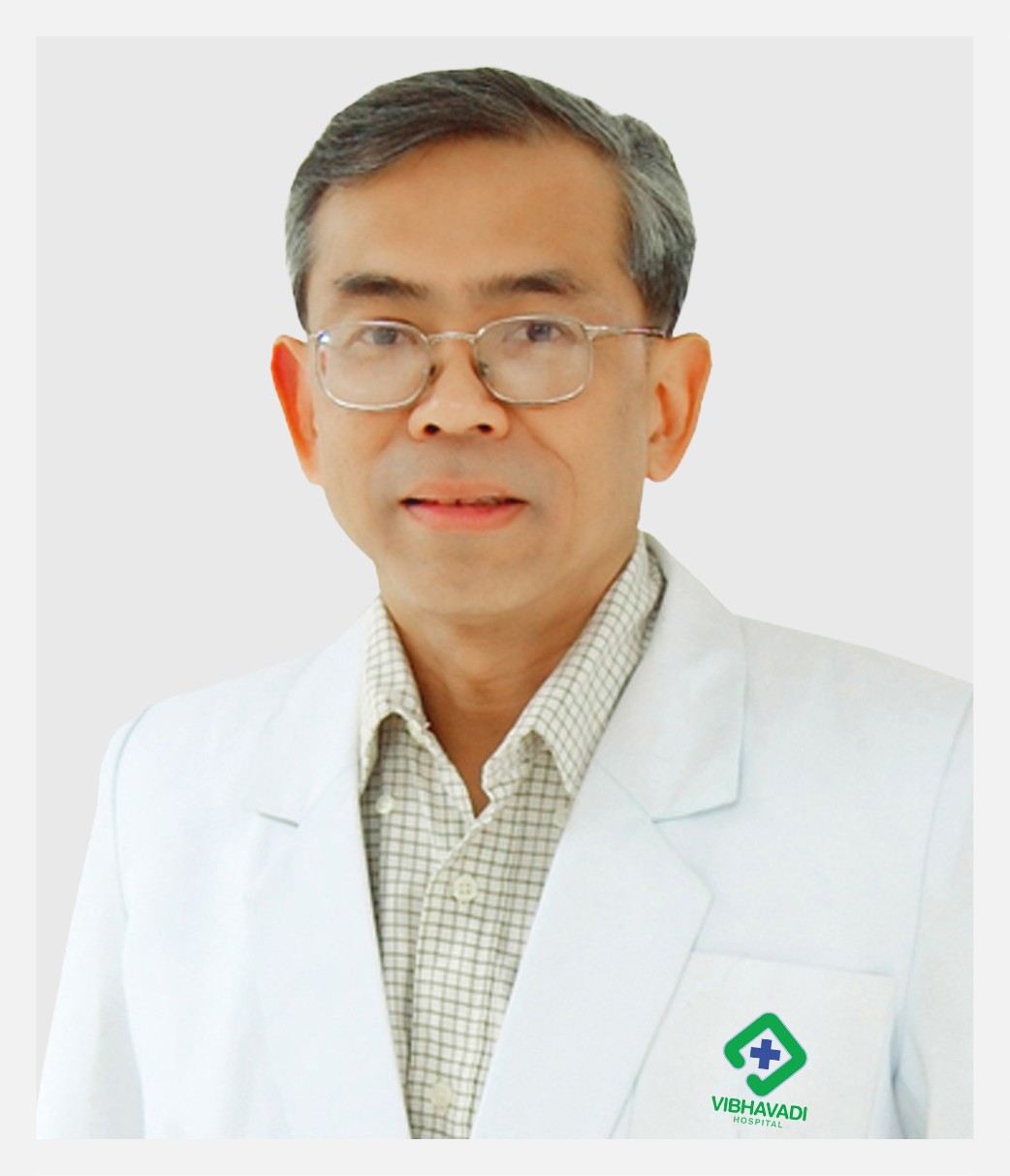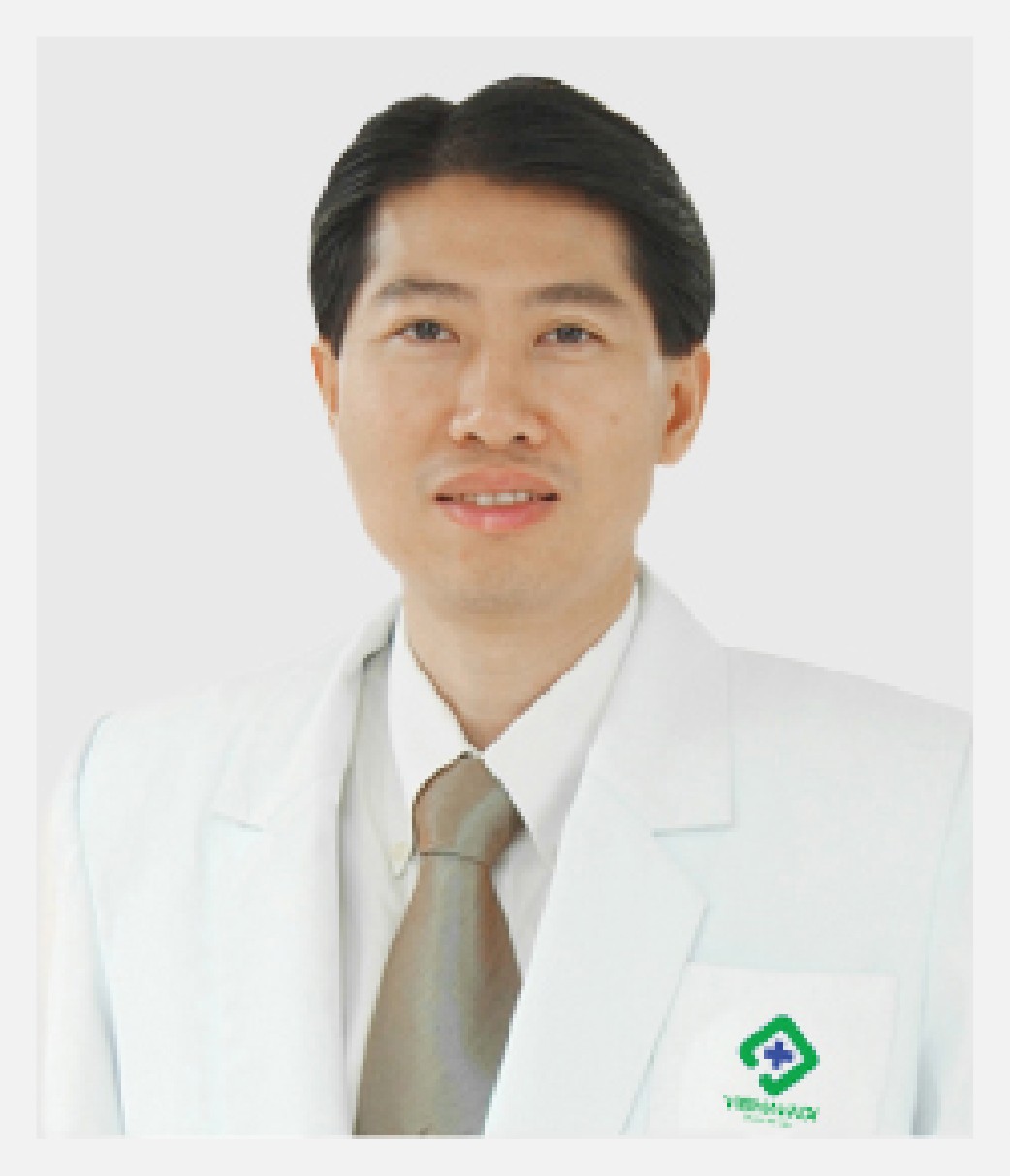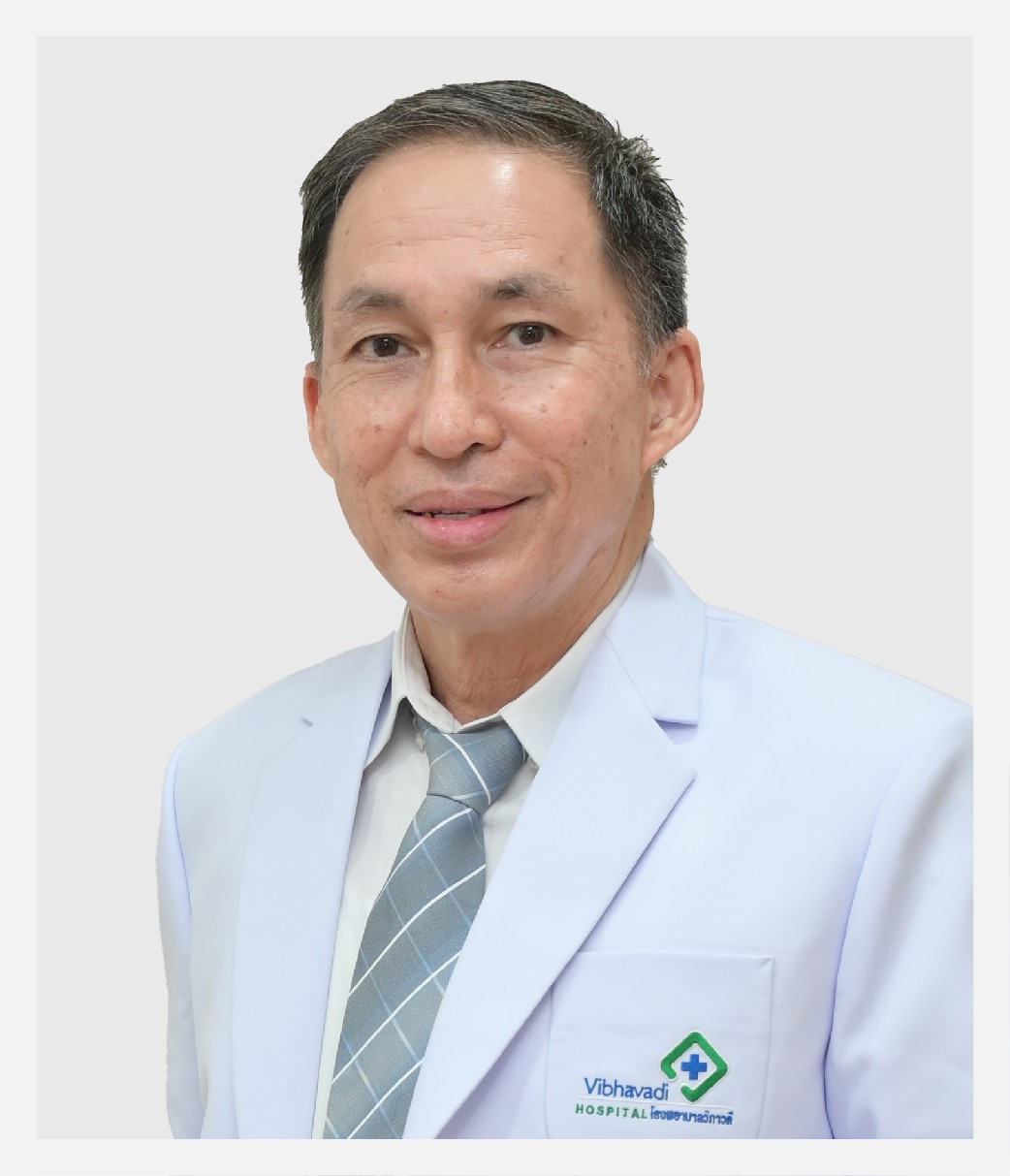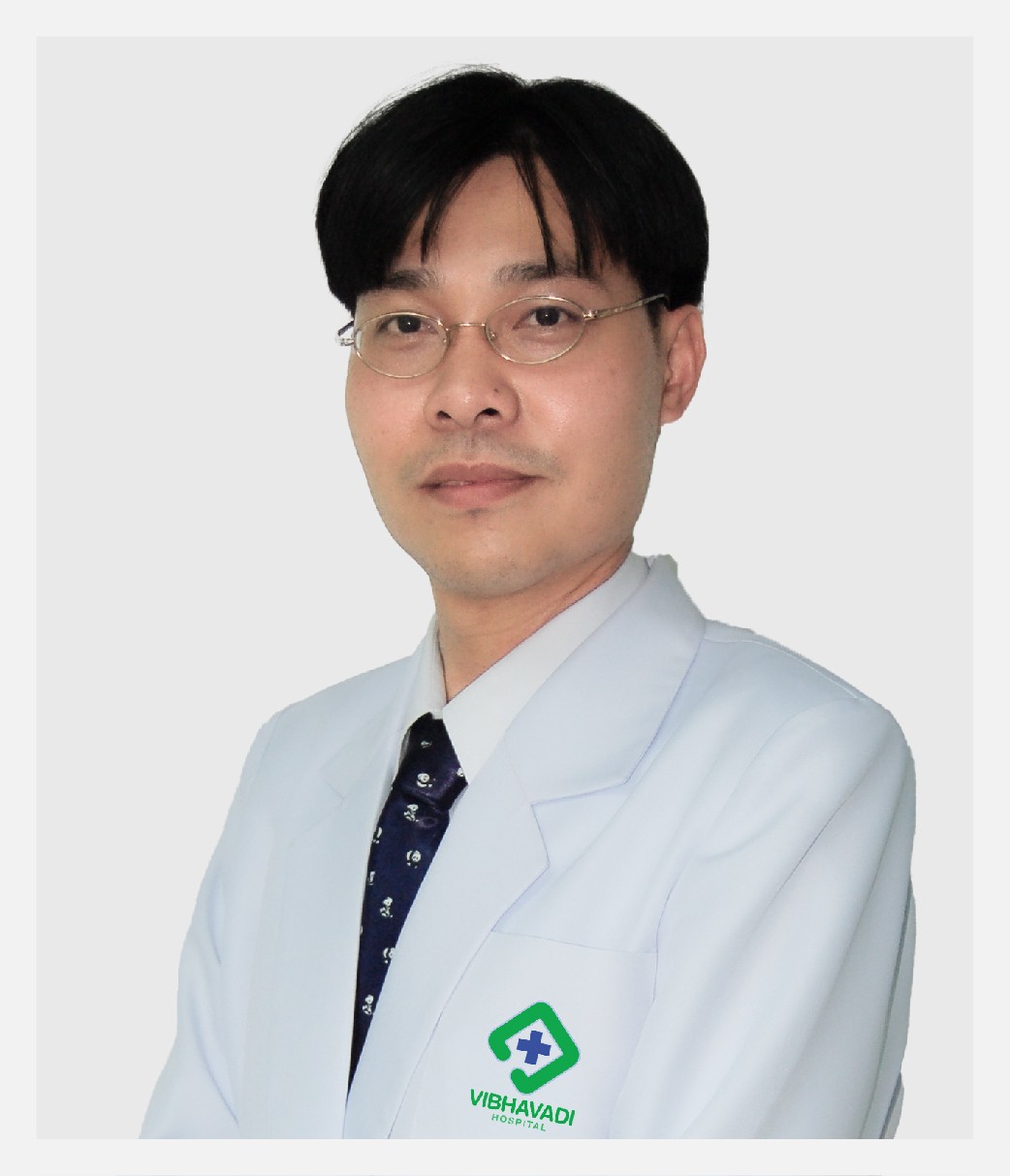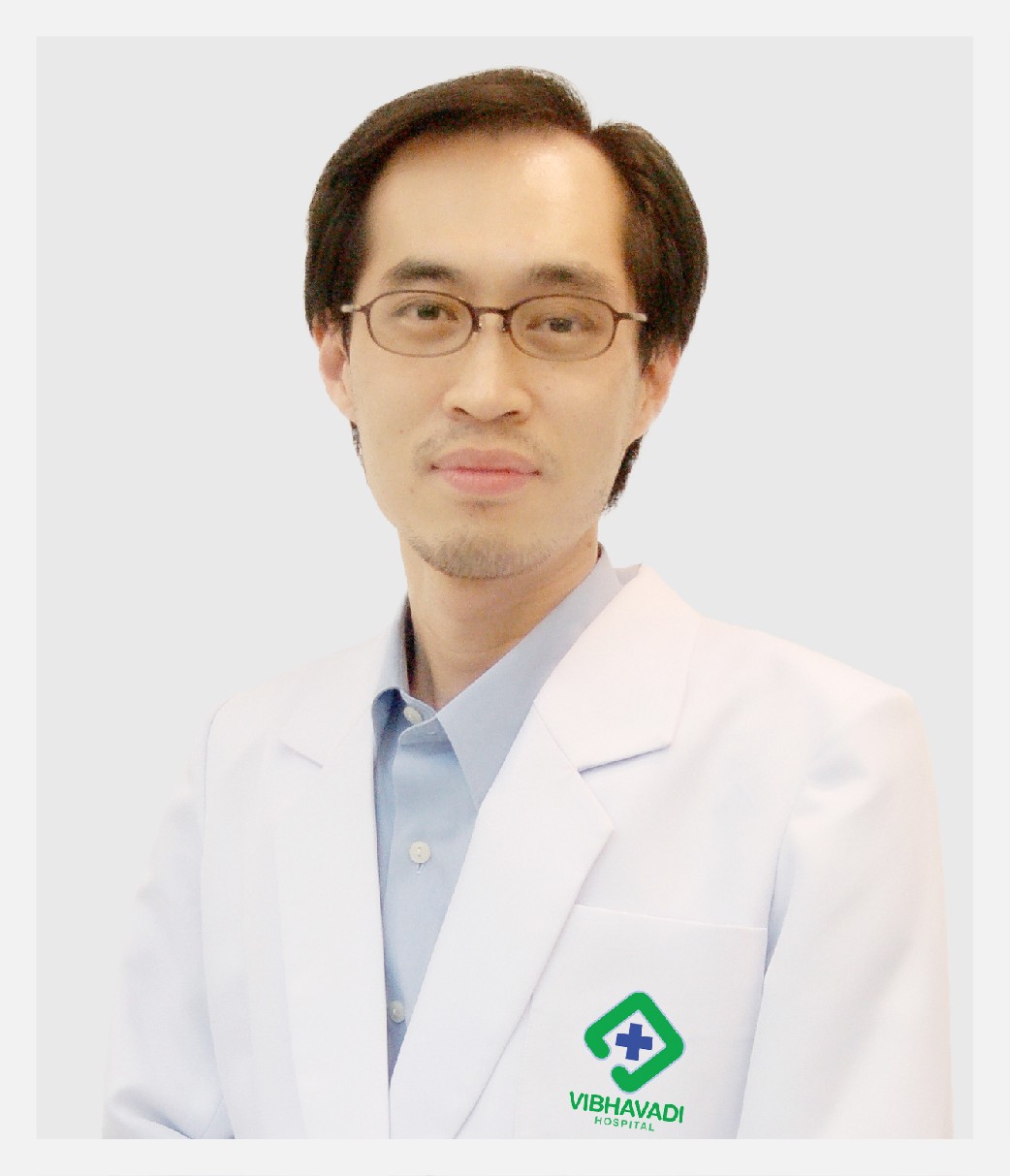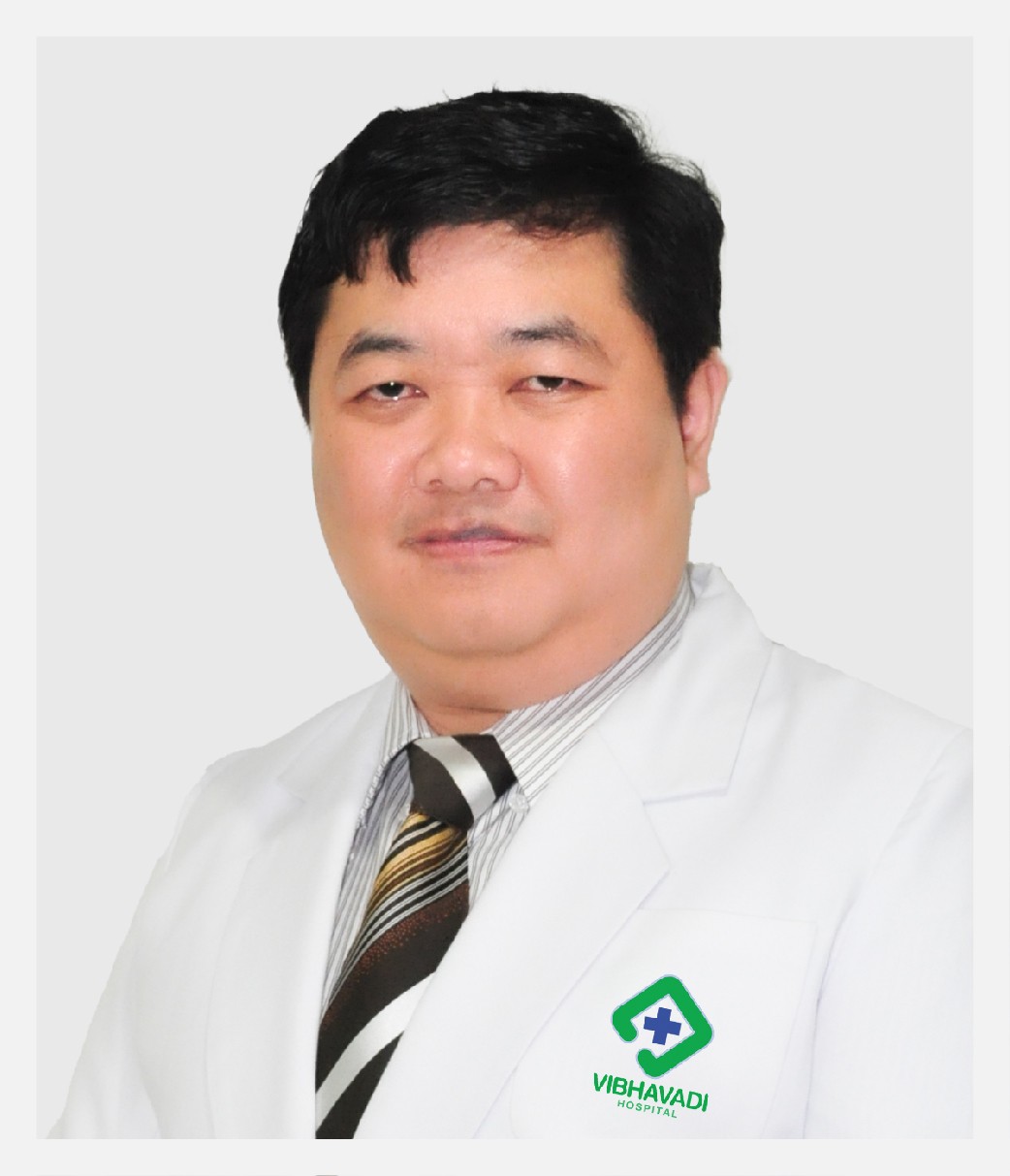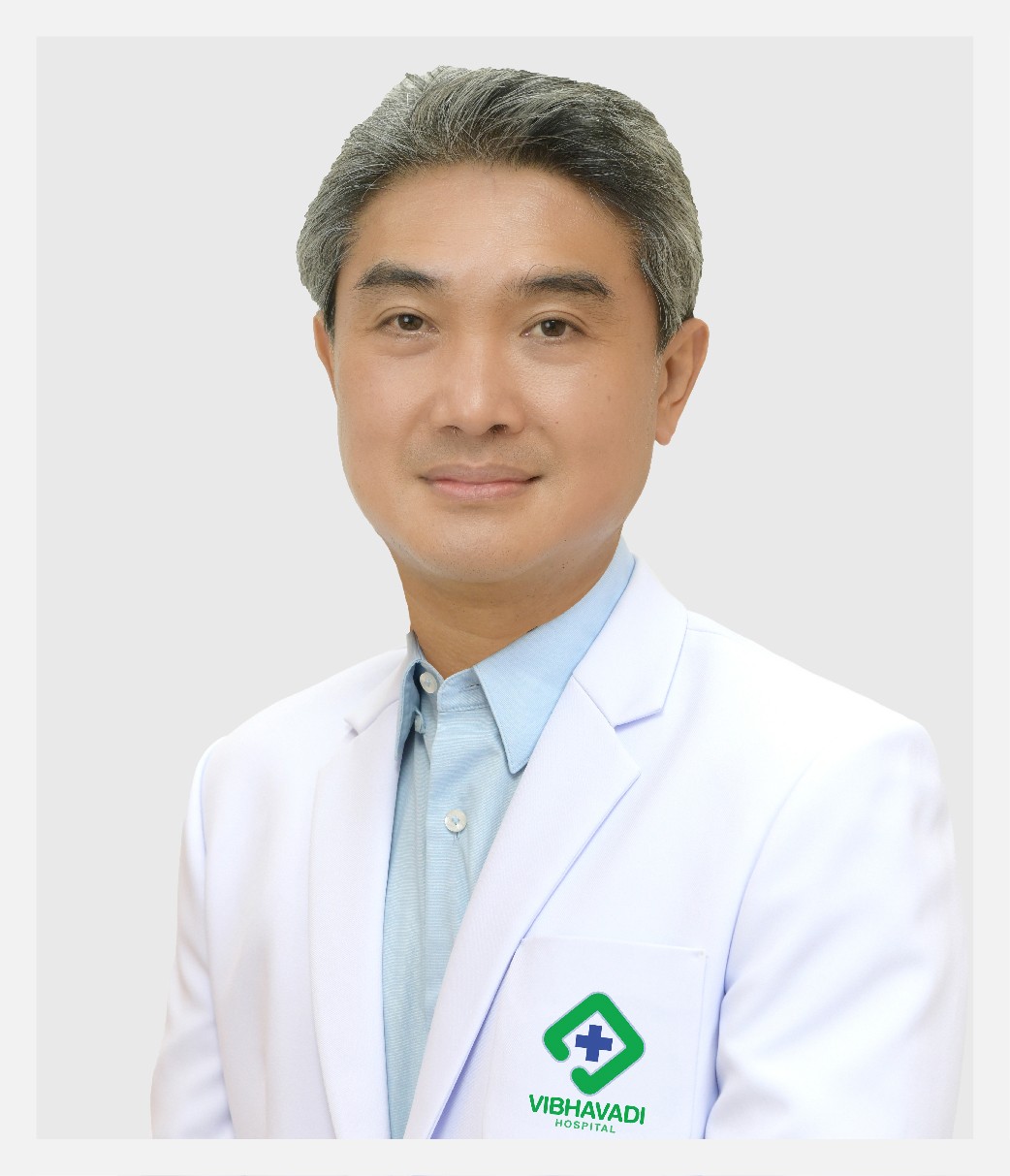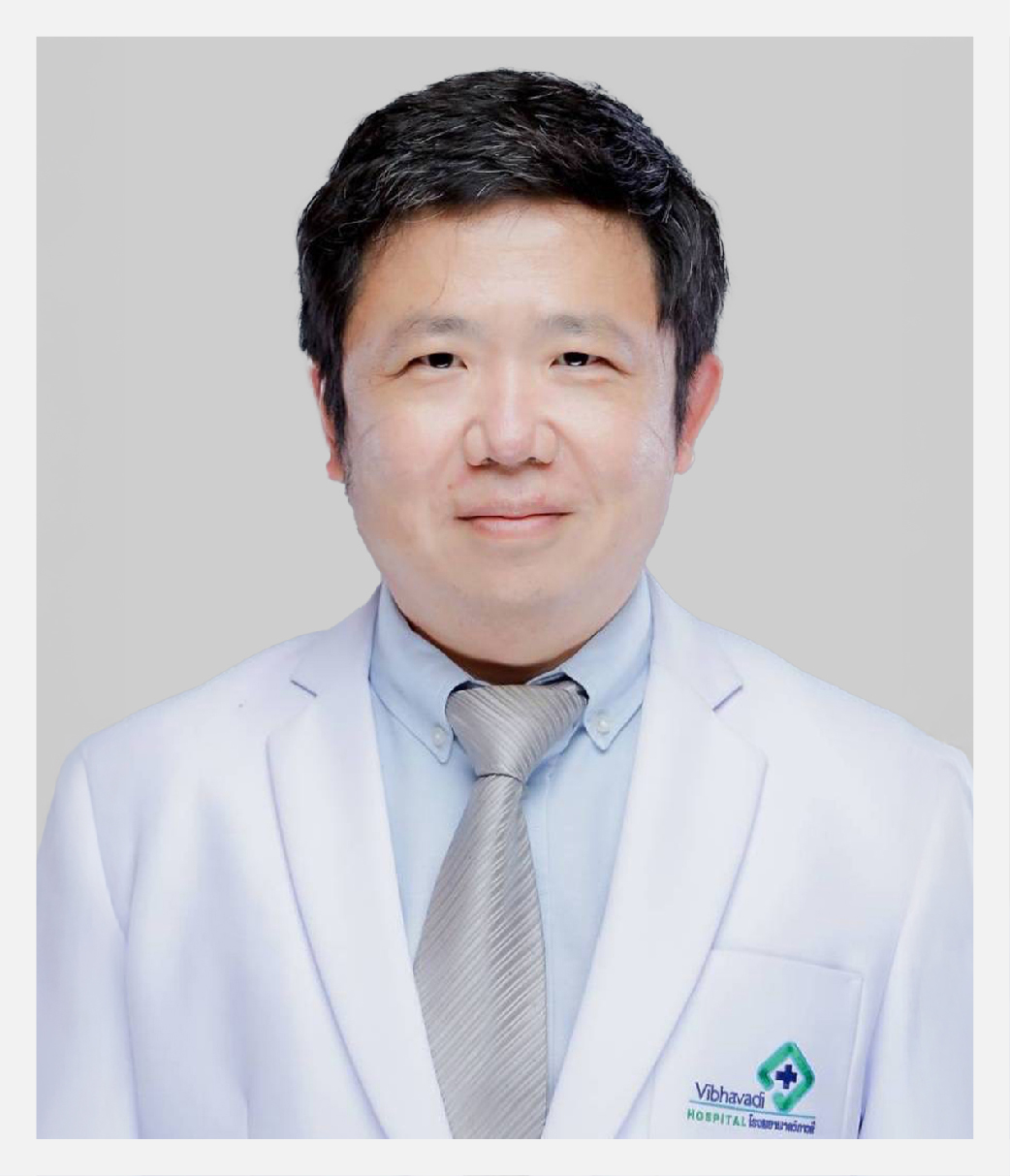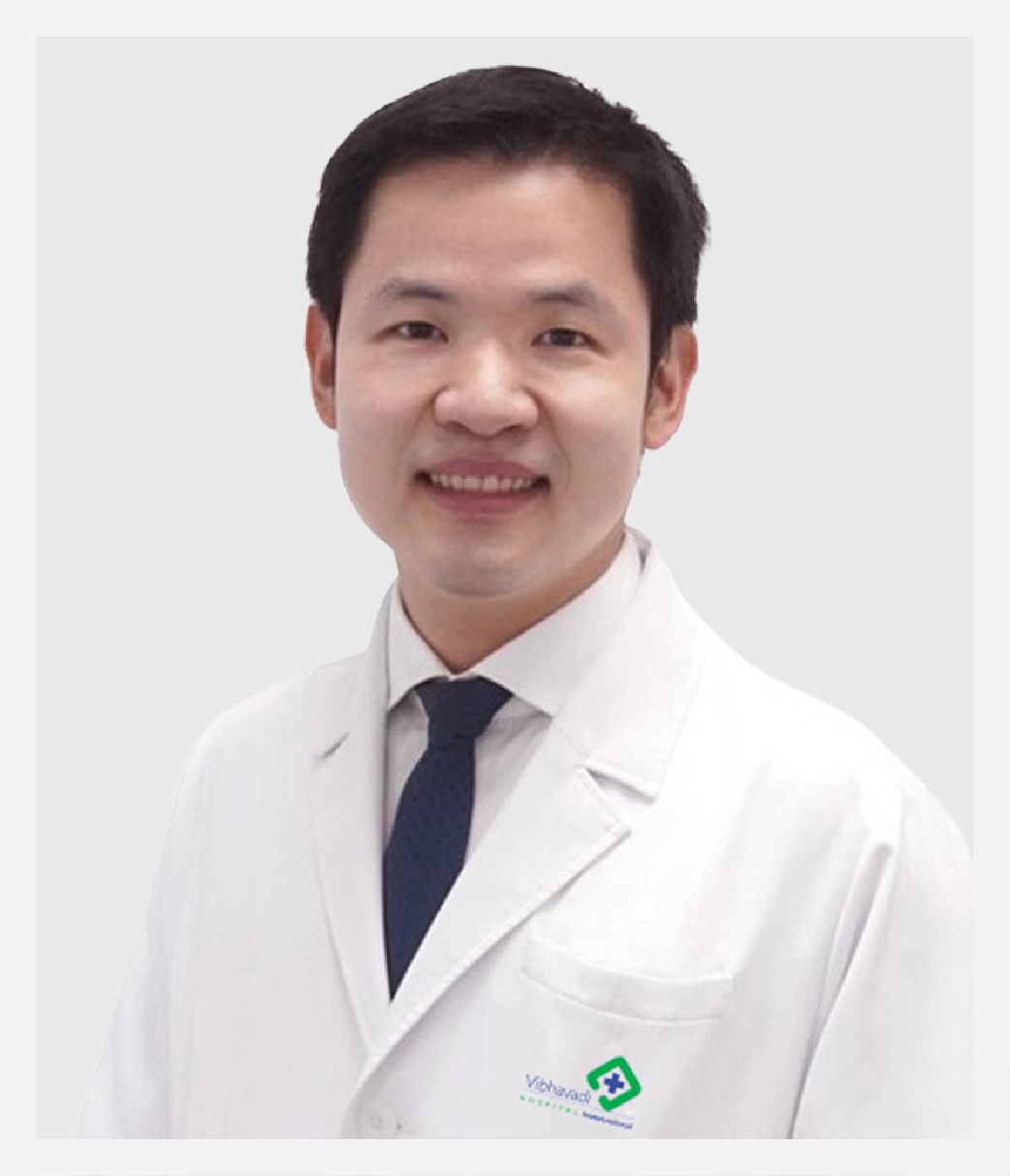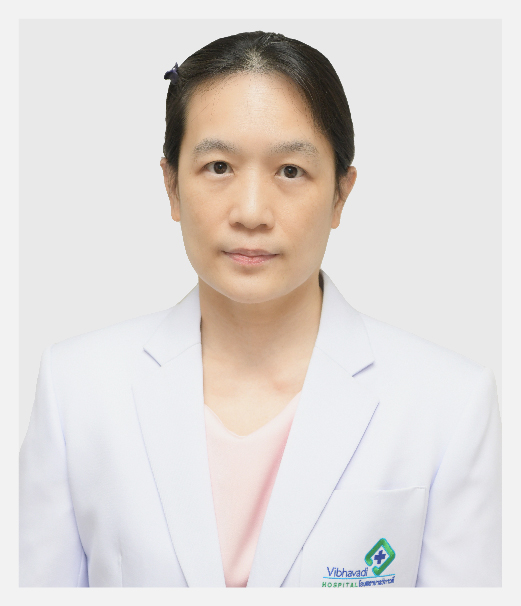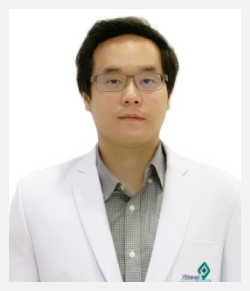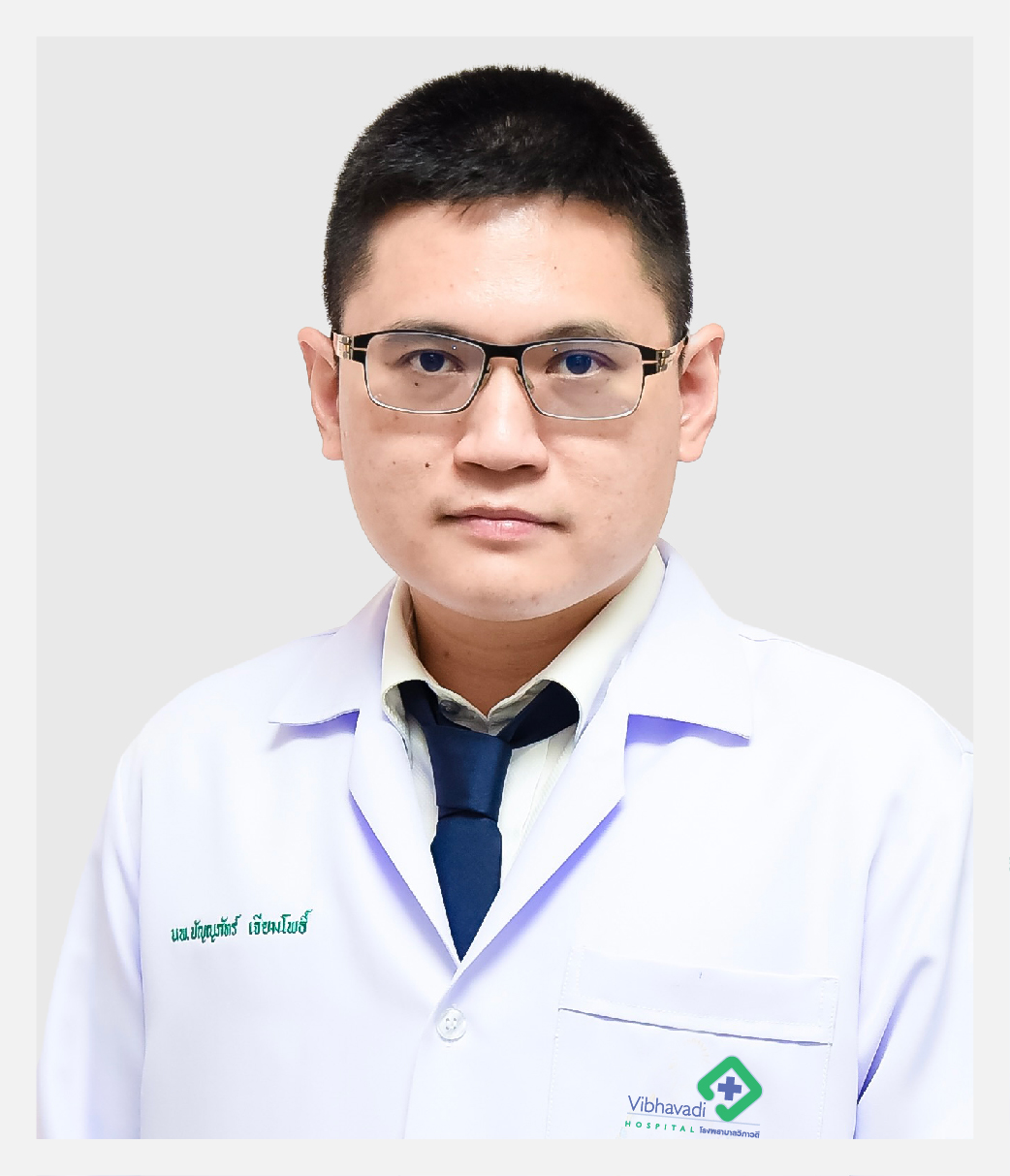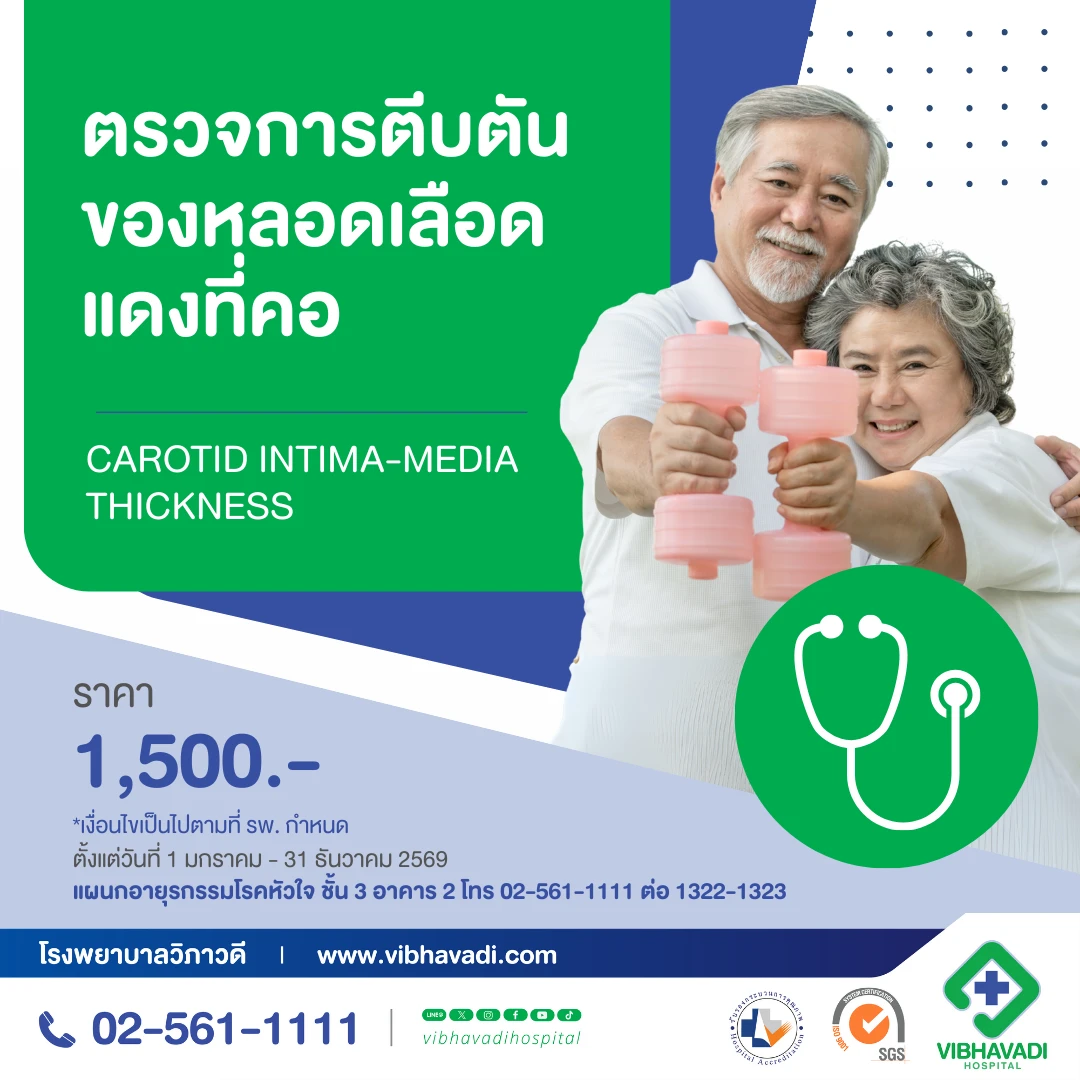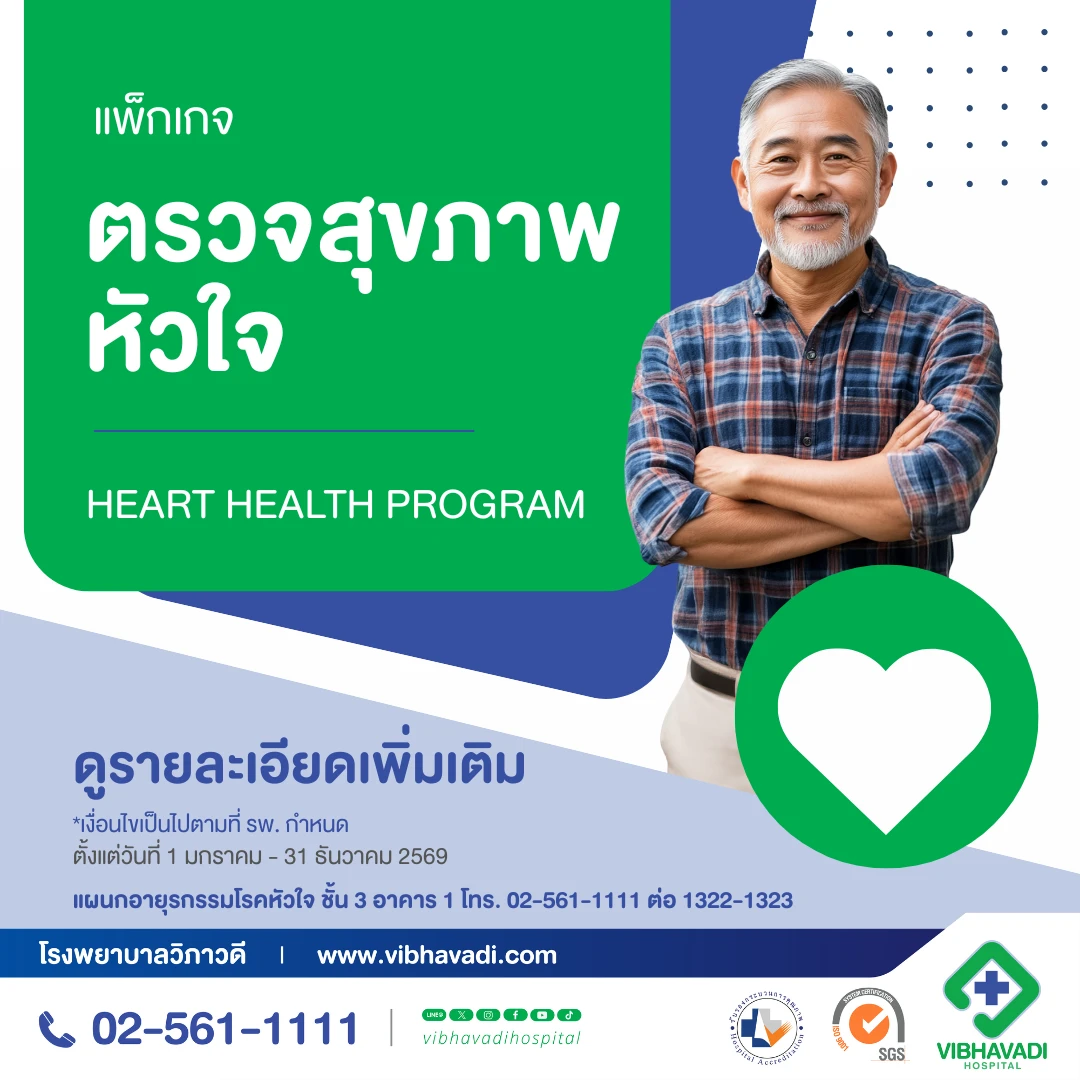General Cardiology

The heart is not just another organ, it’s the body’s engine, quietly working around the clock to keep us alive. When it fails, the effects ripple across every part of life. That’s why heart disease, despite decades of medical progress, remains a major health concern across the globe. Stepping into this picture is general cardiology, the field that takes on the responsibility of preventing, diagnosing, and treating an entire spectrum of cardiovascular problems.
What Does General Cardiology Encompass?
At its core, general cardiology is about looking after patients with all types of heart-related conditions. It’s preventive, diagnostic, and therapeutic at the same time. Some of the more common issues seen in this field include:
- Coronary artery disease
- Heart attacks and angina
- Hypertension (high blood pressure)
- Arrhythmias, or irregular heart rhythms
- Valve disorders
- Congenital heart defects
Cardiologists who practice in this area often see the “whole picture” rather than focusing on a single problem. They might work side by side with endocrinologists, surgeons, or rehabilitation specialists to ensure a patient receives not just treatment but a plan for long-term health.
Why This Field Matters
Heart disease doesn’t appear suddenly; it builds up gradually, often quietly, over years. Genetics play a role, but so do diet, exercise habits, stress levels, and conditions such as diabetes or high cholesterol. Because of this, early screening is one of the best defenses we have. A quick check-up or a simple test can uncover risks long before symptoms show up.
However, cardiology is not just treating the heart. It’s also guiding people down the right path, teaching patients how to diet so they won’t clog up arteries, how to practice sustainable exercise schedules, even how to handle stress more healthfully. These small things can make a big difference.
Modern Tools for Heart Care
One reason cardiology has advanced so quickly is the technology behind it. At centers such as the Vibhavadi Heart Center, specialists now rely on a wide array of tools that give them almost real-time insight into how the heart is working. Among the most widely used are:
- Electrocardiography (EKG): tracks the heart’s electrical patterns and reveals stress or rhythm disturbances.
- Echocardiography: ultrasound-based imaging that shows how well the heart pumps and whether its structures look normal.
- Exercise stress testing: simulates exertion to see how the heart responds under pressure.
- Ambulatory ECG monitoring: records rhythms continuously over 24 hours or more to detect elusive irregularities.
- Cardiac CT and coronary angiography: detailed imaging methods that can expose arterial blockages.
These tests help doctors move beyond guesswork, allowing them to craft treatment plans tailored to each patient’s condition and risks.
From Treatment to Long-Term Care
When heart disease is diagnosed, therapy may come in many forms. For the patient, it may involve drug therapy and dietary change. For another, it may involve therapy by minimally invasive means such as angioplasty or, for the extreme case, open-heart surgery. Therapy, however, is only half the equation. Rehabilitation, that is, structured exercise programs, patient education, and counseling for the emotions is equally paramount, so the recovery not only happens but also lasts.
Cardiology at Vibhavadi Hospital
The Vibhavadi Heart Center represents what modern general cardiology looks like in practice. The hospital is equipped with state-of-the-art technology, but more importantly, it has specialists who know how to use those tools within a broader care framework. With dedicated operating rooms and an intensive care unit, patients can move seamlessly from diagnosis to treatment and recovery, all under one roof. The emphasis is not only on fixing what’s wrong but on building a foundation for future health.
Taking Control of Heart Health
Cardiovascular disease may be widespread, but it is far from unbeatable. With regular screenings, sensible lifestyle adjustments, and the expertise of general cardiology specialists, many complications can be prevented, or at least managed before they become life-threatening.
In the end, the message is simple: don’t wait for symptoms. Proactive care, whether at a facility like the Vibhavadi Heart Center or through routine visits with a cardiologist is vital
Testimonials
Proud to take care of you




